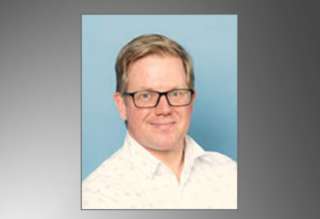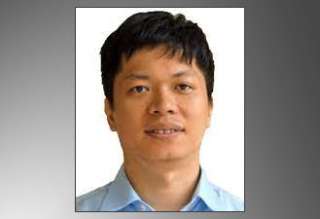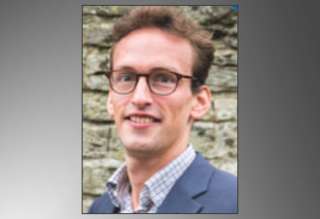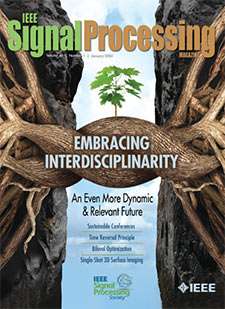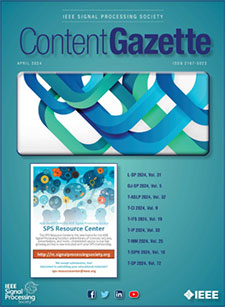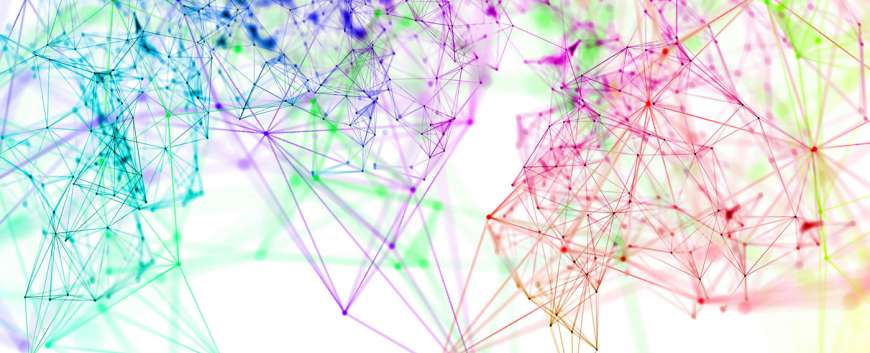Promoting Integrity and Knowledge for the Well-Being of Humanity and Peace
Top Reasons to Join SPS Today!
1. IEEE Signal Processing Magazine
2. Signal Processing Digital Library*
3. Inside Signal Processing Newsletter
4. SPS Resource Center
5. Career advancement & recognition
6. Discounts on conferences and publications
7. Professional networking
8. Communities for students, young professionals, and women
9. Volunteer opportunities
10. Coming soon! PDH/CEU credits
Click here to learn more.
Promoting Integrity and Knowledge for the Well-Being of Humanity and Peace
Je crois invinciblement que la science et la paix triompheront de l’ignorance et de la guerre (I believe invincibly that science and peace will triumph over ignorance and war)
—Louis Pasteur, 1892
One year ago, I was writing the IEEE Signal Processing Magazine 2022 May editorial when the Russian army brutally attacked Ukraine. One year after, war is always present… I can’t understand how a single man and his entourage can unleash such a killing spree and be responsible for so many deaths, especially innocent victims like children. Earth itself is cruel enough without human help, as the terrible earthquakes in Turkey and Syria have reminded us. My thoughts and sympathy go out to the victims of these disasters and their families, but I also do not forget the victims of less publicized events.
The feature article “Neural Target Speech Extraction” [A1] is a survey of methods used to process the cocktail party effect, and extract the speaker of interest from a mixture of audio signals, using audio, visual, or spatial clues. Speech (signal) extraction is thus different from source separation since it is focused on one signal of interest. In this article, it is clear that multimodal clues (e.g., combining audio and visual clues, or audio and spatial clues, or all together) are much more efficient than using only one. These results promote the very general approach of multimodal data fusion [1], which can be considered in many domains where data are recorded from different kinds of sensors or devices.
It is a remarkable coincidence that another article of the May issue, “Historical Audio Search and Preservation: Finding Waldo Within the Fearless Steps Apollo 11 Naturalistic Audio Corpus” [A2], is strongly related to the feature article [A1]. The Apollo 11 mission was an outstanding event when I was teenager, and it is very interesting to see the specificities of the audio recordings (9,000 hours of audio data) and how they can be processed for extracting the main speakers during the different phases of the mission such as lift off, lunar standing, and lunar walking.
In the “Lecture Notes” column “Analysis of the Minimum-Norm Least-Squares Estimator and Its Double-Descent Behavior” [A3], the authors present an interesting analysis of the square error, which can be decomposed in two orthogonal terms. They show with simple examples and derivations that this explains how the approximation error varies according to the number n of data samples with respect to the number d of parameters, especially when n is less than d.
SPS on Twitter
- DEADLINE EXTENDED: The 2023 IEEE International Workshop on Machine Learning for Signal Processing is now accepting… https://t.co/NLH2u19a3y
- ONE MONTH OUT! We are celebrating the inaugural SPS Day on 2 June, honoring the date the Society was established in… https://t.co/V6Z3wKGK1O
- The new SPS Scholarship Program welcomes applications from students interested in pursuing signal processing educat… https://t.co/0aYPMDSWDj
- CALL FOR PAPERS: The IEEE Journal of Selected Topics in Signal Processing is now seeking submissions for a Special… https://t.co/NPCGrSjQbh
- Test your knowledge of signal processing history with our April trivia! Our 75th anniversary celebration continues:… https://t.co/4xal7voFER

